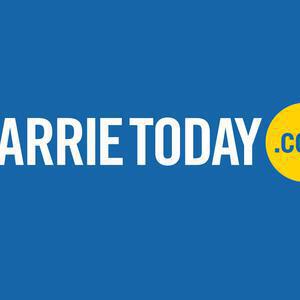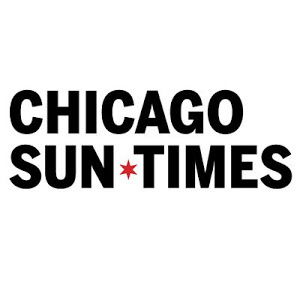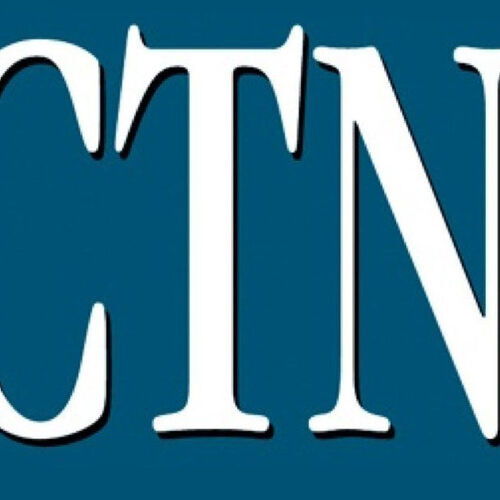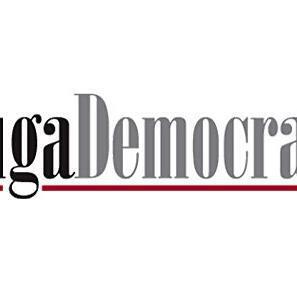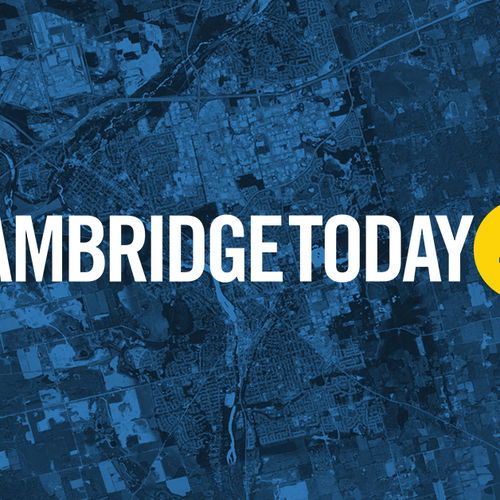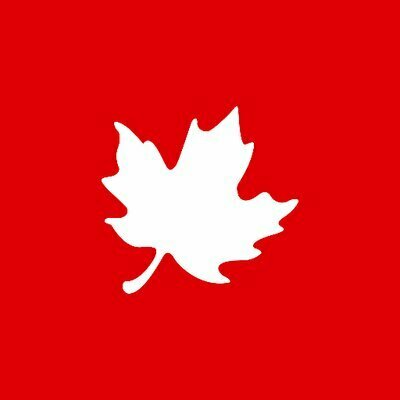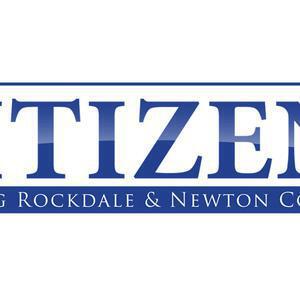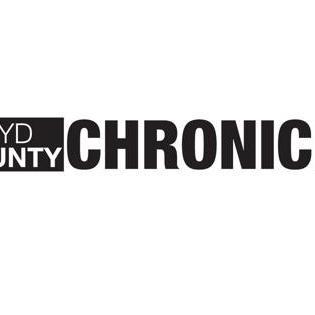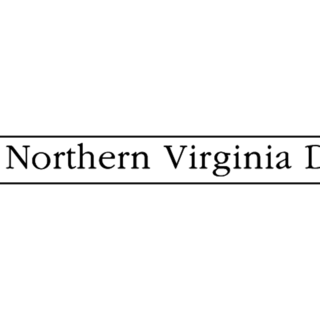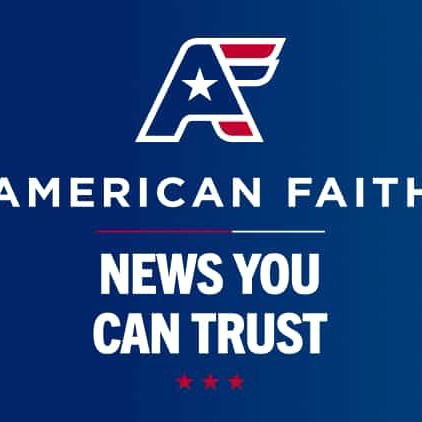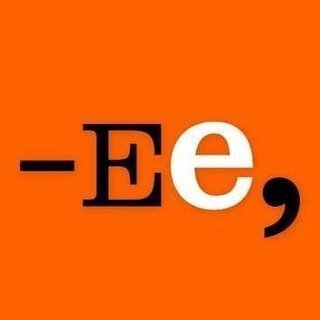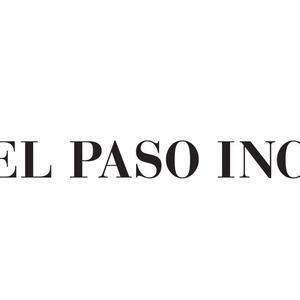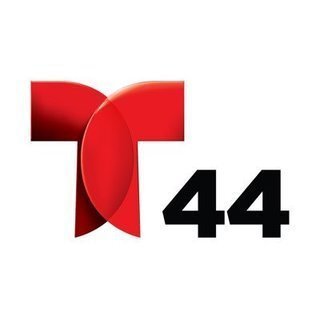In an unsigned order, offering no reason or rationale, the U.S. Supreme Court ruled that the Trump administration can end protections for a group of hundreds of thousands of Venezuelan immigrants, at least for now. While not final, it allows the Trump administration to move forward with its plan.
These 350,000 Venezuelan immigrants were living in the U.S. under a program called Temporary Protected Status (TPS) — a special refugee-type status given to people from countries facing crises such as war, natural disasters or political instability. It lets them stay in the U.S. and avoid deportation, usually for a limited time. The Biden administration had granted TPS to these Venezuelan immigrants in 2023.
Thousands have already lost protection
Some Venezuelans are still safe from deportation for a few more months. However, many lost their protection on April 7, leaving them at risk of being deported or losing legal work status.
Advocates believe this will harm those people and their families affected by the TPS revocation.
“We will continue to fight to defend the rights of TPS holders to the maximum extent permitted by law. But make no mistake, today’s decision causes devastating harm to hundreds of thousands of people while this case proceeds,” Jessica Bansal, attorney with the National Day Laborer Organizing Network, said in a statement.
Legal battle sparked by DHS Secretary Noem
Shortly after becoming secretary of Homeland Security in January, Kristi Noem tried to remove TPS protections for Venezuelans. In response, a group called the National TPS Alliance and 11 individuals sued the government, arguing the action was unlawful. A federal court temporarily blocked Noem’s decision, saying it may have been racially biased and likely violated TPS laws.
In april, the Ninth Circuit Court of Appeals rejected the federal government’s request to pause the lower court’s ruling that blocked the removal of TPS protections for Venezuelans.
The government then asked the Supreme Court for an emergency pause — and the Supreme Court agreed, allowing the government to go forward with ending TPS protections for now.
District court hearing set for next week
A court hearing, led by U.S. District Judge Edward Chen, is scheduled for the week of May 25. Judge Chen previously paused the government’s plan to end TPS protections for Venezuelans.
Homeland Security responded to the ruling in a post on X, linking an interview on Fox News about the ruling and saying, “Today’s SCOTUS decision is a win for the American people and the safety of our communities. The Biden Administration exploited Temporary Protected Status to let half a million poorly vetted migrants into this country — from MS-13 gang members to known terrorists and murderers.”
































